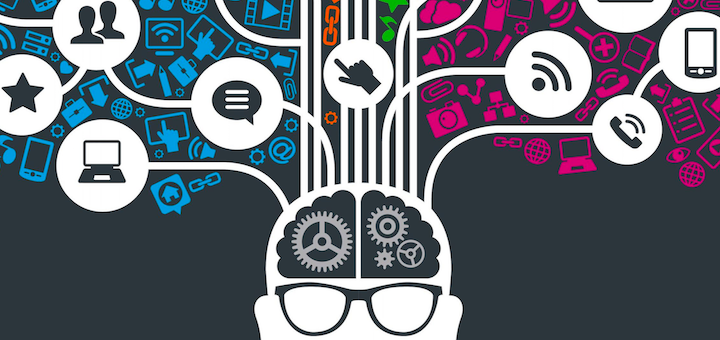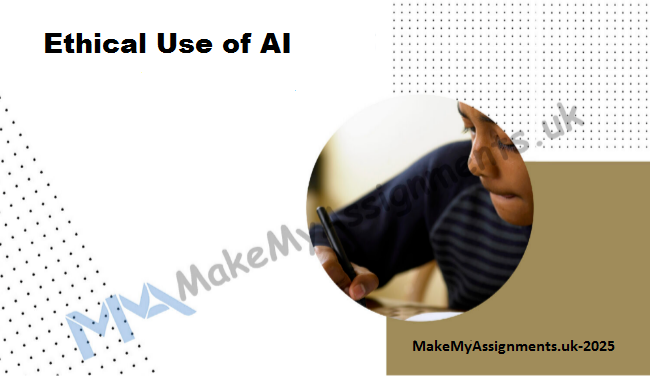Students often struggle with stress, anxiety, lack of focus, and constant distractions. Between assignments, exams,…

Promoting Media Literacy in the Age of Information Overload
In today’s digital age, we are constantly bombarded with information from various sources. The rise of the internet and social media has made it easier than ever to access news, entertainment, and information, but it has also brought about new challenges. The sheer volume of content available online, coupled with the speed at which it spreads, has led to an era of information overload. In this environment, promoting media literacy has become more crucial than ever.

Understanding Media Literacy:
Media literacy is the ability to analyze, evaluate, and understand the various forms of media that surround us. It involves critical thinking skills that enable individuals to navigate through the vast sea of information, distinguishing between credible sources and misinformation. As we consume information from diverse channels, including social media, news outlets, and online platforms, media literacy becomes a powerful tool to sift through the noise and make informed decisions.
The Impact of Information Overload:
The rapid dissemination of information has both positive and negative consequences. On the positive side, it allows for the democratization of information, giving voice to diverse perspectives. However, the downside is the proliferation of misinformation, fake news, and sensationalism. In the age of information overload, people may find it challenging to differentiate between reliable and misleading content, potentially leading to misguided beliefs and decisions.
Promoting Media Literacy:
- Educational Initiatives: Schools and educational institutions play a pivotal role in fostering media literacy. Integrating media literacy into the curriculum helps students develop critical thinking skills and the ability to question information. Educators can teach students how to analyze the credibility of sources, recognize bias, and understand the impact of media on society.
- Public Awareness Campaigns: Governments, non-profit organizations, and media outlets can collaborate to launch public awareness campaigns on the importance of media literacy. These campaigns can highlight the dangers of misinformation, provide tips on verifying information, and encourage responsible media consumption.
- Technology and Social Media Platforms: Technology companies and social media platforms can contribute to media literacy by implementing features that promote information accuracy. This includes tools for fact-checking, algorithms that prioritize reliable sources, and educational pop-ups that guide users on discerning credible content.
- Community Engagement: Local communities can organize workshops, seminars, and discussion forums focused on media literacy. Encouraging open dialogue about the challenges of information overload and sharing practical tips for navigating the digital landscape can empower individuals to be more discerning consumers of media.
- Encouraging Critical Consumption: Emphasizing the importance of critical consumption is essential. Encourage individuals to fact-check information before sharing it, be aware of their own biases, and seek out diverse sources to gain a more comprehensive understanding of a topic.
In the age of information overload, promoting media literacy is crucial for fostering an informed and empowered society. By equipping individuals with the skills to navigate the digital landscape responsibly, we can mitigate the negative effects of misinformation and ensure that the wealth of information available to us is a force for good. Through collaborative efforts across education, technology, and community engagement, we can build a media-literate society capable of making informed decisions in our complex and interconnected world.
In the ever-evolving landscape of education and information consumption, students face the daunting challenge of navigating through a sea of data, often struggling to distinguish between credible sources and misinformation. Recognizing the importance of media literacy in the academic journey, MakeMyAssignments.uk emerges as a valuable ally for students seeking guidance in honing their critical thinking skills and becoming discerning consumers of information.
1. Customized Learning Resources:
MakeMyAssignments.uk understands the unique educational needs of students. By providing tailor-made learning resources, including informative articles, guides, and tutorials, the platform equips students with the tools necessary to enhance their media literacy skills. These resources are designed to complement academic curricula, offering practical insights into analyzing, evaluating, and understanding various forms of media.
2. Expert Guidance on Media Literacy Assignments:
Navigating media literacy assignments can be challenging, especially when tasked with dissecting the complexities of information overload. MakeMyAssignments.uk offers expert assistance, connecting students with experienced tutors who can provide guidance on media literacy assignments. These tutors not only assist with academic requirements but also offer valuable insights into real-world applications of media literacy skills.
3. Collaborative Learning Community:
MakeMyAssignments.uk fosters a collaborative learning environment where students can engage in discussions, share insights, and learn from one another. This sense of community is invaluable in enhancing media literacy, as it encourages the exchange of diverse perspectives and methodologies for critically evaluating information. Through forums and interactive platforms, students can develop a collective understanding of media literacy principles.
4. Emphasis on Practical Application:
Understanding media literacy is not just about theoretical knowledge; it’s about practical application. MakeMyAssignments.uk emphasizes the real-world application of media literacy skills, providing case studies, practical exercises, and real-life scenarios for students to analyze. This hands-on approach ensures that students not only grasp the theoretical concepts but also learn how to apply them in their academic and professional endeavors.
5. Continuous Support for Skill Development:
Media literacy is an evolving skill that requires continuous development. MakeMyAssignments.uk is committed to providing ongoing support for students to refine their media literacy skills. Whether through regular updates on emerging media trends, additional learning materials, or access to workshops and webinars, the platform ensures that students stay ahead in their quest to become adept navigators of the information landscape.
MakeMyAssignments.uk goes beyond traditional academic support by recognizing the importance of media literacy in today’s information-rich world. By offering customized resources, expert guidance, a collaborative learning community, and a focus on practical application, the platform empowers students to not only excel in their academic pursuits but also to navigate the complexities of information overload with confidence. Through this holistic approach, MakeMyAssignments.uk becomes a valuable partner in the journey towards fostering media-literate and critically engaged students.




This Post Has 0 Comments